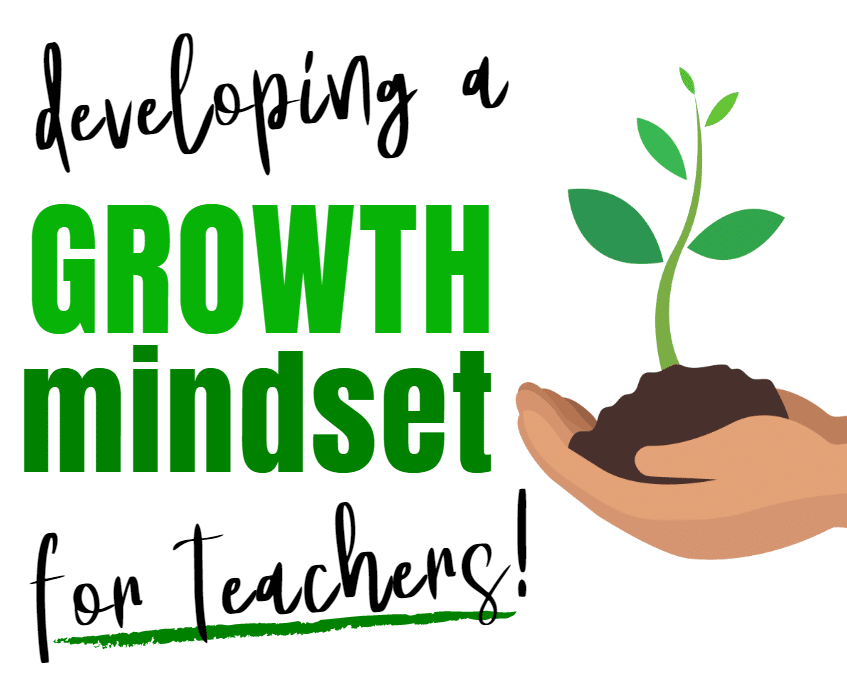Our Education Blogger is a public school teacher with over a decade of experience. She’s an active NEA member and enjoys writing about her experiences in the classroom.
Dr. Carol Dweck, a psychology professor, created the terms “fixed mindset” and “growth mindset” after studying behavior in children. These mindsets refer to a person’s belief in their intelligence and learning. Having a growth mindset allows one to believe they can develop and expand their intelligence, so they work harder to do so. Students who exhibit growth mindsets are shown to do better in school than students who have a fixed mindset. People with fixed mindsets believe their intelligence is limited and nothing can be done to change it.
Teachers LOVE to teach students to develop a growth mindset. We are our students’ cheerleaders, support team, and personal encouragers in the classroom. A student in our classroom will do their best and achieve to the best of their ability. We recognize when students need help, encourage them to seek assistance, help them find strategies to succeed, and watch, smiling, as they use what we’ve taught them to become more autonomous in their school work, all the while patting yourself on the back and thinking “Yep! I helped do that; growth mindset. BAM!”
But what about teachers? Can this growth mindset and fixed mindset stuff be applicable to educators, too? Do you notice any educators who are lacking this mindset? Are you one of them?
I understand. Being a teacher can be rough. Something changes each year, and it’s usually just after you’ve mastered it. Like those fancy new tablets that were just ordered, or the latest writing textbook your building just adopted. Typically, teachers aren’t excited about change when what we have been doing seems to be working . . . or so we thought.
Just like our students, we should be demonstrating a growth mindset. We can’t get stuck focusing on the things that have worked for us for the last five years. Our students are changing, their needs are dynamic, and the world we’re sending them out into is ever-evolving. It is our job to continue finding innovative ways to reach the youth in our classrooms. Educators must be open-minded to changes and challenges that come our way. We must believe that what those same changes and challenges will make us better at our job, and, in turn, create lifelong learners of our students.
Teachers who demonstrate a growth mindset:
-
- Collaborate with colleagues
- Take ownership of mistakes and share them with students
- Seek out assistance and mentoring
- Share teaching goals with colleagues
- Learn from weaknesses and challenges
- Maintain a positive attitude and use positive language regarding their own abilities
So, at your next faculty meeting, before you scowl and snicker about the latest changes coming your way, stop and think about what you would tell your students. Maintaining a growth mindset can make you a happier, more successful educator.
This article is furnished by California Casualty, providing auto and home insurance to educators, law enforcement officers, firefighters, and nurses. Get a quote at 1.866.704.8614 or www.calcas.com.
- California Casualty Earns Financial Stability Rating® of A, Exceptional, From Demotech, Inc. - April 28, 2025
- Music & Arts Grant Recipients – 2024 - December 13, 2024
- Understanding Auto and Home Insurance Rate Changes - December 3, 2024

